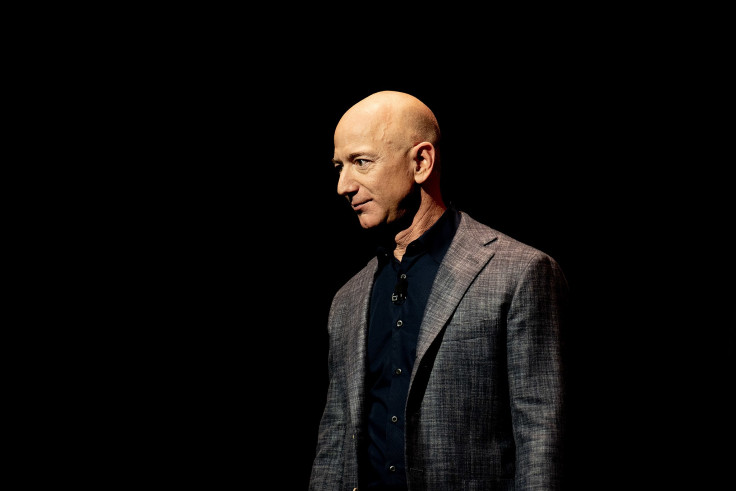Jeff Bezos Called Amazon's Customer Service After Several Complaints Of Long Wait Times - Here's What Happened
Bezos' prescient advice from years ago remains highly relevant in the age of AI

In a rather unorthodox move during a meeting, Jeff Bezos placed a call to Amazon's customer service department, causing some awkwardness in the room. The wait time? Far longer than the metrics-suggested sub-60-second target, leaving Bezos on hold for over 10 uncomfortable minutes.
Appearing on the Lex Fridman Podcast (full video), the former CEO of Amazon, Jeff Bezos, recounted an instance when he contacted Amazon's customer service department.
This discrepancy prompted Bezos to share his famous quote: "When the data and the anecdotes disagree, the anecdotes are usually right." Bezos elaborated that customer complaints, despite positive metrics, likely meant they weren't capturing the right data point.
Jeff Bezos And The Customer Service Call
Despite metrics indicating wait times below 60 seconds, customer complaints painted a different picture. In response, Bezos took a direct approach. He went to the head of customer service and suggested, "Let's call."
Picking up his phone, Bezos dialled the customer service number with a determined air. "And we just waited in silence," he chuckled, recalling the incident on the podcast. When Lex inquired about the actual wait time, Bezos admitted it was "way longer" than anticipated. "More than ten minutes, I think."
This anecdote on the Lex Fridman Podcast has resonated with YouTube viewers, who praise Bezos' approach. "Imagine sitting in the boardroom waiting in silence for 10 minutes for customer service to pick up after you just told Jeff the data shows it is only 60 seconds and everything is fine lol," one comment reads.
One commenter noted the perceived decline in accessibility of live customer service representatives at Amazon, stating: "Kind of ironic that, these days, they make it very difficult to interact with a real person."
Another commenter expressed dissatisfaction with Amazon's current customer service, attributing it to the change in leadership. Their comment reads: "Amazon's service has gone WAYYYYYYY down since Bezos stepped aside. I used to buy nearly 95% from Amazon and that has gone down to probably less than 50%. They are not who they used to be."
One user added a humorous touch, writing: "Imagine working in the call centre and Jeff rings you himself, hahaha." Bezos' focus on data and truth-telling aligns with his advice years ago, which remains highly relevant in today's era of booming artificial intelligence.
Bezos' Timeless Advice
Before stepping down as CEO of Amazon, Bezos frequently faced inquiries about his predictions for the future. However, in a characteristic move, he often preferred to approach the question from a different angle.
As he stated in an interview years ago, "I very frequently get the question, 'What's going to change in the next ten years?' And that is an interesting question; it's a very common one."
"I almost never get the question, 'What's not going to change in the next 10 years?' And I submit to you that that second question is actually the more important of the two because you can build a business strategy around the things that are stable in time."
Bezos, who recently acknowledged shared ambitions with Elon Musk, elaborated on how this approach played out at Amazon. "In our retail business, we know that customers want low prices, and I know that's going to be true ten years from now," he added.
"They want fast delivery, they want vast selection. It's impossible to imagine a future ten years from now where a customer comes up to me and says, 'Jeff, I love Amazon, I just wish the prices were a little higher,' or 'I love Amazon, I just wish you delivered a little more slowly.' Impossible."
This isn't a new concept for Bezos. Variations of this sentiment appear throughout his career, dating back to at least a 2007 Harvard Business Review interview. Bezos' advice takes on renewed significance in today's booming AI industry, where venture capital fuels rapid growth.
© Copyright IBTimes 2025. All rights reserved.






















